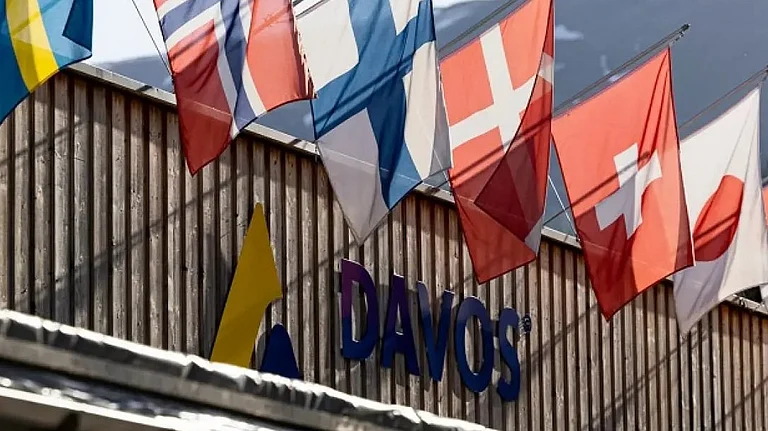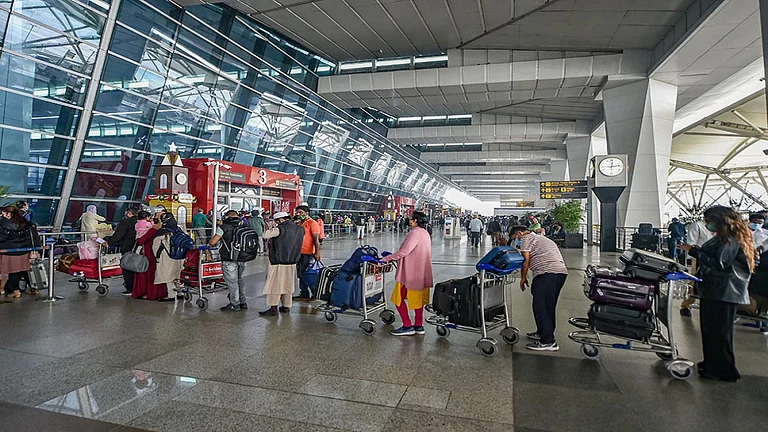Zomato has confirmed that it is in discussions with Paytm regarding the acquisition of Paytm's movies and events business.
In a stock exchange filing, Zomato acknowledged these discussions but emphasized that no binding decision has been made that would require board approval and subsequent disclosure according to applicable law.
Zomato made a voluntary disclosure to clarify its position and reduce market uncertainty, reiterating that the discussions align with its strategy to focus on its four key businesses and strengthen its going-out business.
Zomato is considering acquiring Paytm's movies and ticketing section for around Rs 1,600–1,750 crore ($190–210 million). With the inclusion of receivables from cinema exhibitors, the valuation might increase to Rs 2,000 crore.
Why is the deal happening?
In a regulatory filing, One 97 Communications, the parent company of Paytm, mentioned that the company regularly investigates different strategic opportunities to improve shareholder value. One such opportunity being considered is the potential transfer of Paytm’s entertainment business, which is part of their marketing services.
In the earnings call, Paytm said they're focusing on payment services, financial services, and digital goods commerce to help merchants grow.
If this deal happens, it will be one of Zomato's biggest acquisitions since it bought Uber Eats in 2020 and took over Blinkit in 2021. Zomato took over Blinkit (then Grofers) for Rs 4,447 crore in equity, while it took over Uber Eats for Rs 1,376 crore in a non-cash deal.
Understanding Paytm’s Movie and Ticketing Business
In 2016, fintech platform Paytm entered the online movie ticketing segment after entering a strategic partnership with PVR. In the movie ticketing sector, Paytm Movies is the main rival of BookMyShow (BMS). Paytm Movies, which is backed by investors such as Reliance Industries and Accel, made Rs 976 crore in operating revenue and Rs 85.72 crore in profit during FY23.
Following this, Paytm's mobile applications, website, and other affiliate channels are used to sell and promote PVR tickets as well as food and beverage options.
The same year, the company also launched its air ticket reservations, followed by train reservations. In 2018, a report by businessLine showed that around 14 per cent of the total number of online payments in IRCTC happens through fintech platform Paytm.
Paytm’s entry into the events and movie ticketing segment has been through lots of acquisitions. In 2016, Paytm acquired Insider.in, an online events platform backed by OML Entertainment, for over Rs 35 crore. The acquisition was made to let users book tickets to events such as the NH7 Weekender, EDC, and Grub Fest from the Paytm app itself.
The fintech platform also acquired Orbgen Technologies, which runs TicketNew, for about $40 million. The aim of the acquisition was to compete with BookMyShow and strengthen Paytm's presence in South India.
With the aim of entering the hotel business, the company also took over NightStay, a last-minute hotel booking platform in Noida. To provide an efficient booking experience, the fintech platform announced a partnership with Amadeus, a travel technology company.
Expansion of Zomato
Zomato has been trying to expand itself beyond Blinkit. In an earnings call, Akshant Goyal, the CFO of Zomato, highlighted that in nine cities, they have a separate ‘Events’ tab on the Zomato app.
Recently, it was announced that Zomato would invest Rs 100 crore in its entertainment business, Zomato Entertainment. A subsidiary of Zomato, Zomato Entertainmant sells and curates tickets for concerts, parties, and festivals. Zomato CEO Deepinder Goyal once said that the combination of dining out, ticketing, and events could be the fourth largest business coming out of Zomato, as per a report by the Economic Times. The other three business verticals include food delivery, Blinkit, and Hyperpure.
The Paytm Saga
On January 31, the Reserve Bank of India imposed restrictions on Paytm Payments Bank for persistent non-compliance with KYC practices. Following this, in March, the National Payments Corporation of India (NPCI approved Paytm to act as a third-party payment aggregator.
The banks operational on Paytm include the State Bank of India, Yes Bank, HDFC Bank, and Axis Bank. However, despite this, Paytm has witnessed a slowdown in its consumer lending and merchant payment businesses. The fintech platform’s UPI market share has also been reduced from 13 per cent in January to 8.1 per cent in May.
In FY24, 83 per cent of One97 Communications' revenue came from payments, while the remaining 17 per cent came from marketing services. Furthermore, the Paytm board wants the fintech company to concentrate on its primary financial services and payments activities, according to the Economic Times.































